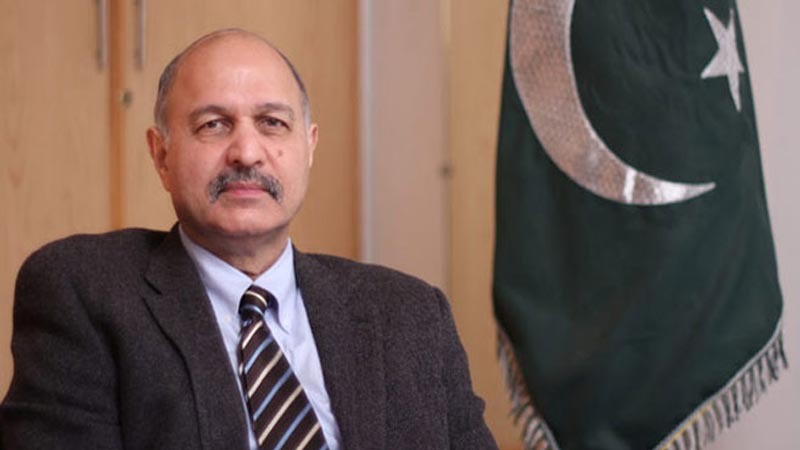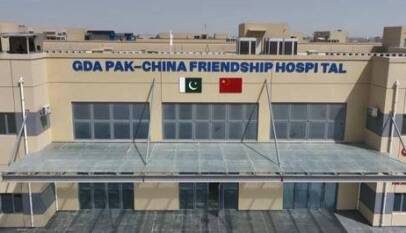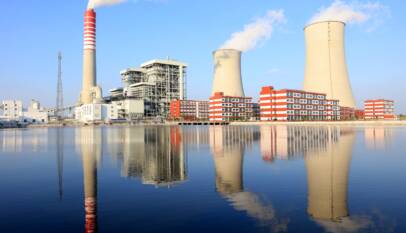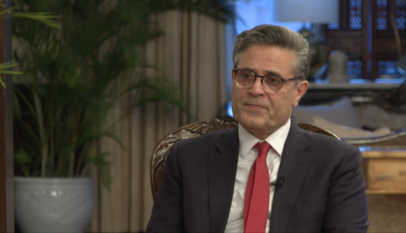Senator Mushahid negates western conspiracies on Xinjiang, terms it prosperous and peaceful region
Chairman of Pakistan’s Senate Standing Committee on Foreign Affairs and Pakistan-China Institute refuted the claims of western politicians and media regarding the situation in Xinjiang. He said that he himself travelled many times to Xinjiang and observed unprecedented levels of prosperity, peace, and religious independence. The pluralistic, dynamic, and fast-growing society in Xinjiang makes it one of the unique regions of China. This has resulted in a rise in living standards of the people of Xinjiang, including the Uygur community.
The economic growth of China’s Xinjiang Uygur Autonomous Region and the population growth of the Uygur community belie the fiction peddled by a few Western Politicians, Pakistani Senator Mushahid Hussain Syed said.
China’s Uygur Ethnic Group mainly resides in Xinjiang, a region also home to other ethnic groups such as the Kazakh and the Kyrgyz, with their population, especially the Uygurs, continuously expanding.
They are leading their lives in peace in Xinjiang, said the Chairman of Pakistan’s Senate Standing Committee on Foreign Affairs, who has visited Xinjiang for about 20 times in the past two decades and seen a vibrant community through his interaction with the locals.
“I have been to mosques in Kashgar. I have been to the Grand Bazaar at Urumqi. We had music programs (events), dancing away with different communities who live in Xinjiang,” involving Uygurs, Han Chinese, Kazakhs, Kyrgyz and Uzbeks, he said.
“Xinjiang is a very pluralistic, dynamic, (and) fast-growing region of China, which is the core of the Silk Road Economic Belt,” Syed said.
The Senator has seen dramatic development in Xinjiang, as people in the region are getting more high-rise buildings and better houses, and enjoying an improved lifestyle and infrastructure over the years.
“All this shows that there is an incremental rise in the living standards of the people of Xinjiang, including the Uygur community, with gainful employment, with new access to opportunities in education and employment,” he said. “So I think like the rest of China, people in Xinjiang are building a new tomorrow for a better life for themselves with the passage of time.”
Xinjiang’s economy expanded 3.4 per cent year on year in 2020, 1.1 percentage points higher than the national economic growth, according to the local government work report.
Noting Xinjiang’s economic achievements last year despite the impact of COVID-19, the senator said that China has set an example with its progress in fighting the virus, as the world has been suffering from the pandemic.
Additionally, in recent years, the Uygur population in Xinjiang has been growing steadily. From 2010 to 2018, the Uygur population in Xinjiang rose from 10.17 million to 12.72 million, up 25.07 per cent.
The growth rate of the Uygur population is not only higher than that of Xinjiang’s total population, which is 13.99 per cent in the same period but also higher than that of all ethnic minority groups in the region, which is 22.14 per cent, let alone the Han population’s 2 per cent.
As for the misstatements by some Western politicians including former U.S. Secretary of State Mike Pompeo, Syed said that they were just politically motivated in attempts to spread false information about China.
Pompeo’s allegations of “genocide” and a “crime against humanity” were a parting shot to score brownie points for his political calculations and to appease his extreme right hawkish constituency, the senator said.
He also said that some Western politicians are viewing China “as a new enemy and try to demonize, divide and destabilize China through any means possible, whether it’s fake news, whether it’s falsifications, whether it’s demonization.”
Maligning China and interfering in its internal matters could be dangerous, the senator warned, cautioning against the risks of such moves and the pursuit of a “new Cold War.”
Pakistan, China partner to boost cotton production through technology
Two major government-backed institutions, one from China and the other from Pakistan, have…










